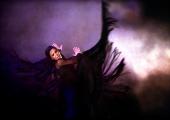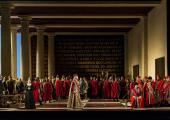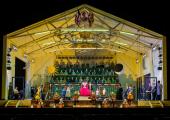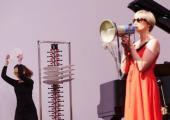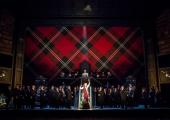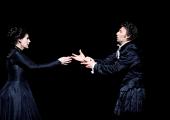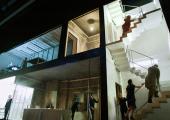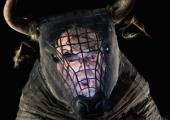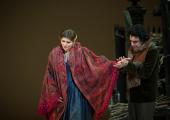The Wasp Factory, Linbury Studio Theatre
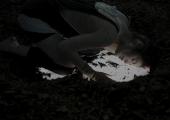
Yet another 'radical', cross-genre operatic collaboration comes a cropper
A baby's brain is polished off by a throbbing welter of maggots. A field of sheep are on fire. A screaming child whose hands have been tied to a kite is flying out over the North Sea. How do you make an opera out of any of this? The answer of course is you don’t. You leave this kind of thing to cinema or the novel. Opera is - contrary to popular belief - extremely bad at spectacle, especially if the aim is to terrify. Horror has never had much of a look-in as a genre in the art form.

